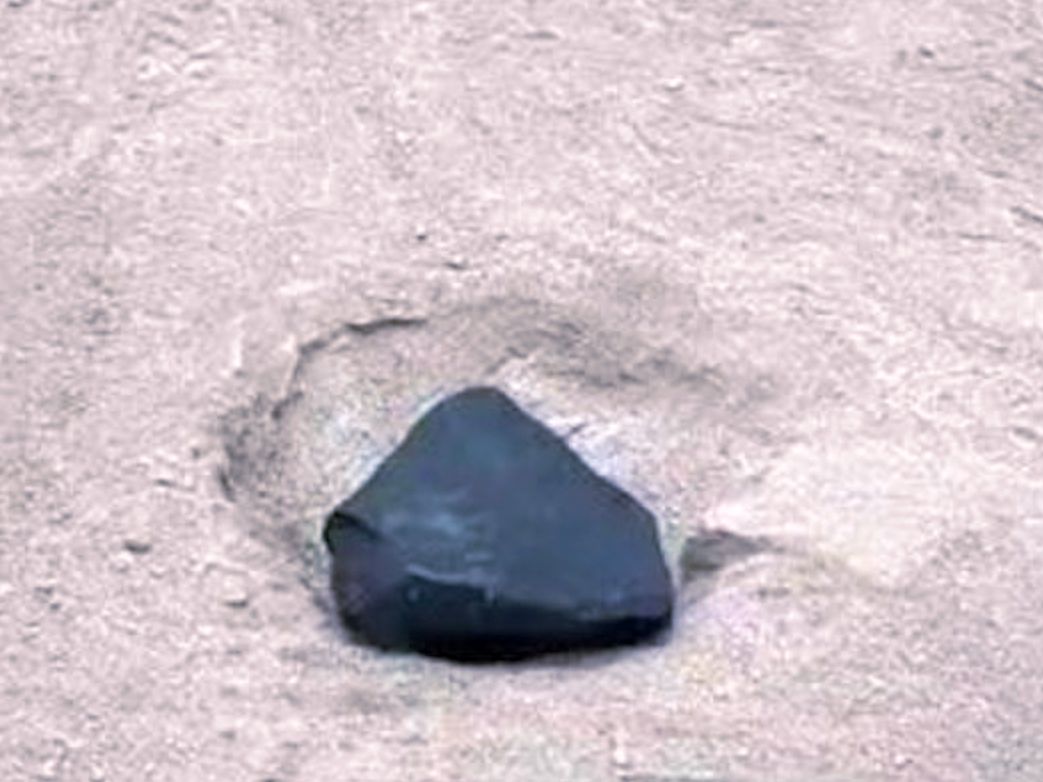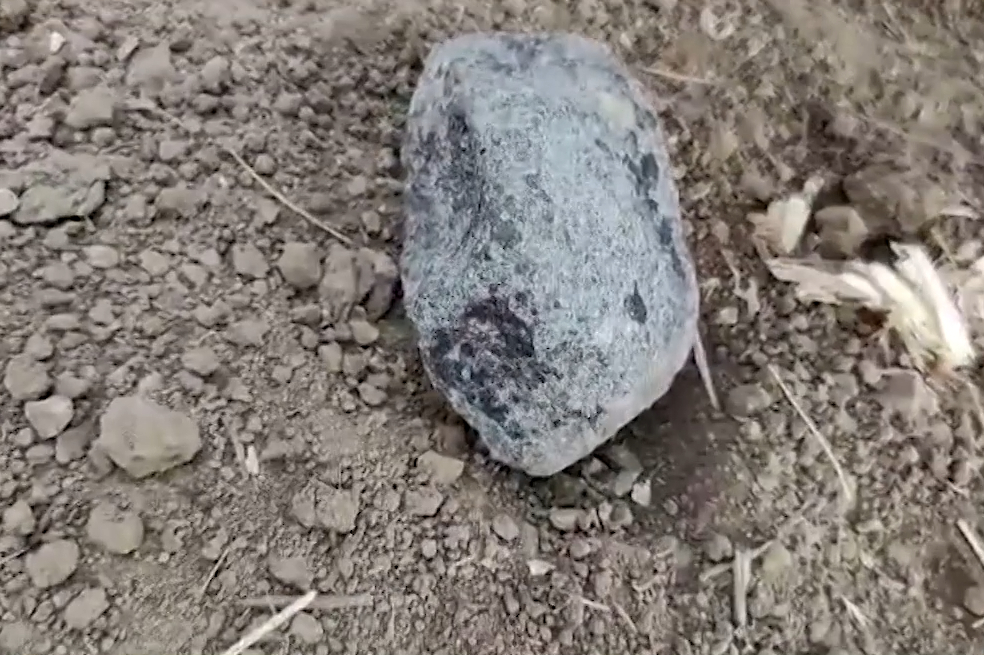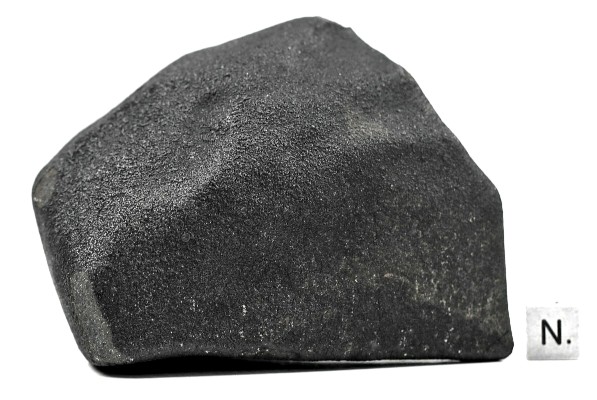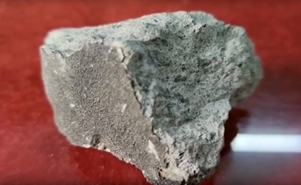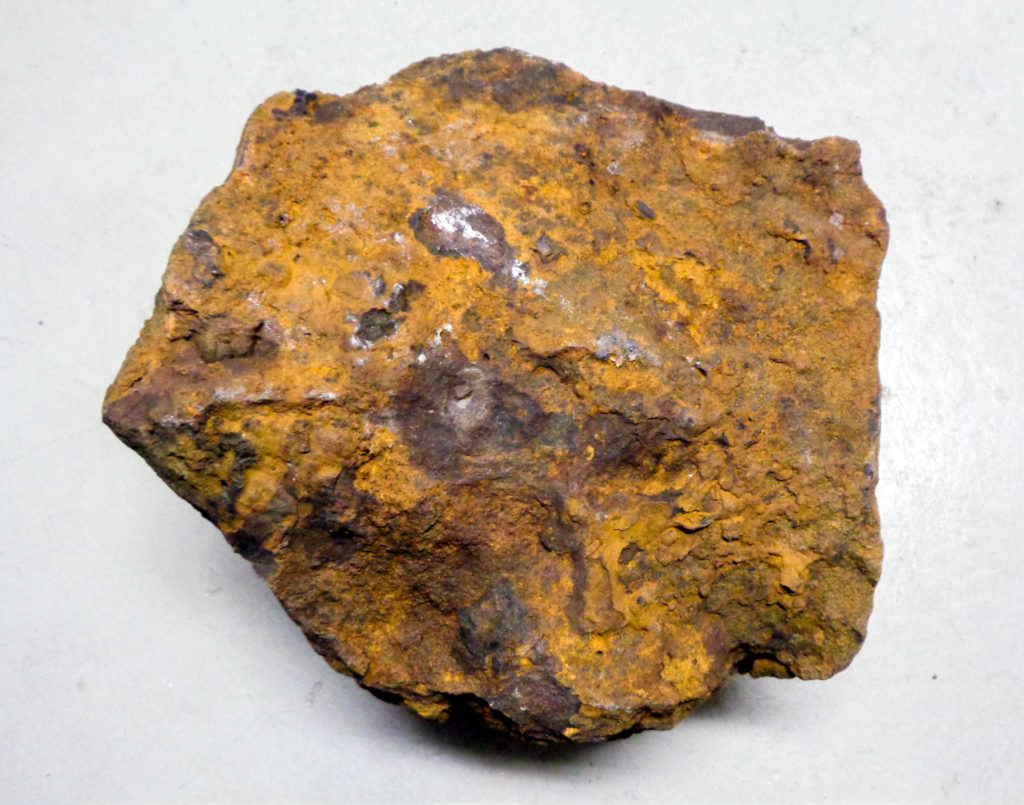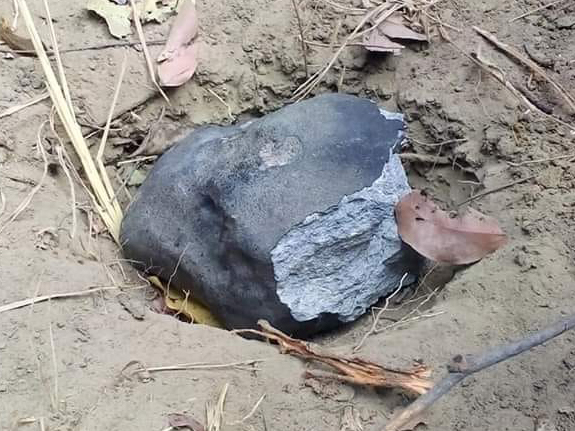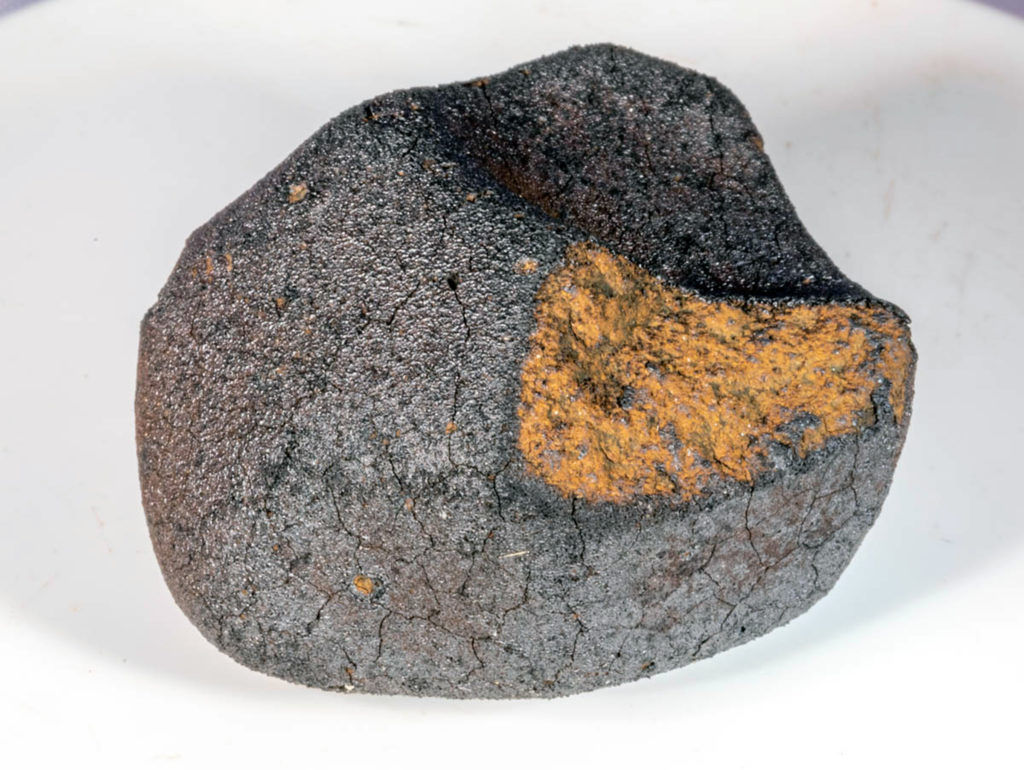Study of Fischer-Tropsch Type reactions on chondritic meteoritesOPEN ACCESS
Victoria Cabedo, Jordi Llorca, Josep Maria Trigo-Rodríguez, Albert Rimola
Accepted for publication in Astronomy and Astrophysics
“How simple organic matter appeared on Earth and the processes by which it transformed into more evolved organic compounds, which ultimately led to the emergence of life, is still an open topic. Different scenarios have been proposed, the main one assumes that simple organic compounds were synthesized, either in the gas phase or on the surfaces of dust grains, during the process of star formation, and were incorporated into larger bodies in the protoplanetary disk. Transformation of these simple organic compounds in more complex forms is still a matter of debate. Recent discoveries point out to catalytic properties of dust grains present in the early stellar envelope, which can nowadays be found in the form of chondrites. The huge infall of chondritic meteorites during the early periods of Earth suggests that the same reactions could have taken place in certain environments of the Earth surface, with conditions more favorable for organic synthesis. This work attempts the synthesis of simple organic molecules, such as hydrocarbons and alcohols, via Fischer-Tropsch Type reactions supported by different chondritic materials under early-Earth conditions, to investigate if organic synthesis can likely occur in this environment and which are the differences in selectivity when using different types of chondrites. Fischer-Tropsch-type reactions are investigated from mixtures of CO and H2 at 1 atm of pressure on the surfaces of different chondritic samples. The different products obtained are analyzed in situ by gas chromatography. Different Fischer-Tropsch reaction products are obtained in quantitative amounts. The formation of alkanes and alkenes being the main processes. Formation of alcohols also takes place in a smaller amount. Other secondary products were obtained in a qualitative way. “

